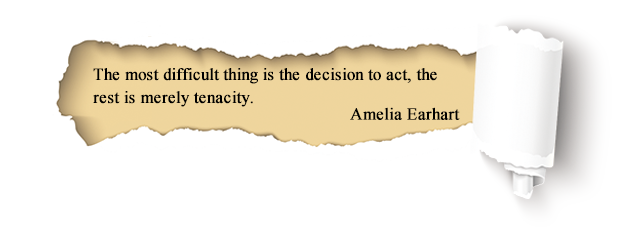

Some writers have no trouble delivering the mot juste, a phrase borrowed from French which means the exact right word or phrase. If the desired word is out of reach, they simply create one. “Bedroom”, “chortle”, “muggle”—these are just some of the words invented by authors that have made it into the dictionary. Wordsmiths from Shakespeare to JK Rowling have the marvellous gift of pulling words out of thin air. Not the more mediocre of us. We tend to resort to a thesaurus in pursuit of the best word, the one that really fits. Although almost everyone has used a thesaurus at one time or another, few may know that 18 January is Thesaurus Day in honour of Peter Mark Roget, author of the seminal Roget's Thesaurus, who was born on this day in 1779.
Peter Mark Roget was a most extraordinary man. He was a successful doctor and delivered popular lectures on anatomy and physiology, subjects little studied then. Medicine, however, was not his only or principal calling. His life and pursuits were more of a scientist and a literary scholar than a practising physician. His invention of the “log-log” slide rule formed the basis of slide rules that were used until the age of the calculator. His paper on optics inspired the development of the zoetrope and hence the earliest motion pictures. He had been the Secretary of the Royal Society, Britain's national academy of science, and a fellow of many other august bodies. He also contributed to the founding of the medical school in Manchester and the University of London.
Philologist, theologian, mathematician, chess master, expert on bees, phrenology, Dante and the kaleidoscope, Roget was indeed an eminent Victorian polymath. Yet he is best known for making lists. Since childhood, Roget had kept a notebook, jotting lists of related words and phrases that helped his prolific writing. List making offered a welcome relief for him from a messy reality and troubled family life. His mother suffered from severe depression and lapsed into paranoia. His father and wife died young. Both his sister and daughter had mental problems. His beloved uncle slit his own throat in front of him. Sorting words into categories brought order and stability to an otherwise chaotic life, keeping him from succumbing to depression.
Retiring from medicine at the age of 61, Roget decided to use his new-found leisure time to classify and arrange these lists of words in a hierarchical taxonomy of concepts. When in 1852 this retirement project was published, he christened it “thesaurus”, the Greek word for “treasure house”. And Roget's Thesaurus of English Words and Phrases, the reference book that made his name, has never been out of print since.
Roget's Thesaurus is constructed around six broad classes devoted to abstract relations, space, matter, intellect, volition, and affections, within which are sections (existence, dimensions, motion, etc.) that boast 1,000 categories of various concepts. Opposing notions are organised across from each other. For example, category 323 Hardness is next to category 324 Softness; and category 483 Underestimation is in the adjoining column of category 482 Overestimation. Words and phrases are fitted into these categories according to their meanings and parts of speech. Roget intended for his readers to immerse themselves in the orderly classification system of the Thesaurus so that they might better understand the world through language. Shortly before publication, Roget included an index at the end of the volume as an afterthought, listing the words in alphabetical order, along with their category numbers. The index has become indispensable for all those who wish to use the Thesaurus without necessarily going through its complex classification system.
Roget's Thesaurus became an instant success in Britain. By Roget's death in 1869, 28 editions had been printed. The crossword craze in the 1920s made Roget a household name across the pond as well. More than 40 million copies have since been sold and the name of Roget has become synonymous with thesauruses. Numerous editions of his masterpiece have been published, with more efficient and useful features introduced and the size and scope expanded. But Roget's time-honoured structure survives: classification according to ideas, followed by an enormous alphabetical index.
Readers unfamiliar with the shades and nuances of the potential alternatives listed in a thesaurus should look them up in the dictionary so as to make an informed choice. But if you know full well the meanings of all the words, you can easily weave through the thicket of the lexicon and find the one that is on the tip of your tongue, and probably make some serendipitous discoveries along the way. A Roget-style thesaurus is more than a compendium of synonyms. It gives you wings to fly to some other far more interesting places. It offers a glimpse into the mind of the lexicographer whose perception and understanding of the world shines through the tome. If it does nothing else, it could be the saving grace for even the nastiest villain. The vicious Captain Hook in JM Barrie's play Peter Pan, we are told, “is not wholly evil: he has a Thesaurus in his cabin”.












